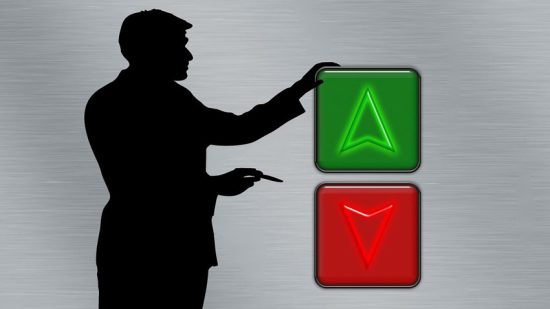Understanding the ripple effect of karma

Many people think that karma only has a one-dimensional effect, i.e. I hurt someone through words or deeds and the karma I have created stops with that particular person. But this is not the case, because karma has a ripple effect which I would like to explain with the following example.
Imagine that an employee is regularly scolded by his boss, now you might think that the karma the choleric boss creates is only between him and his employee.
But when the employee goes home after work, even though he tries his best, he is still in a bad mood, which he unconsciously takes out on his children.
Annoyed by the tense environment, the children go outside to meet friends, but they too are hurt now and take it out on a weaker member of the group by bullying him as a means of expressing their frustration, who passes it on into areas of his life.
This example can be continued ad infinitum. So karma is never something that is created only between one person and another, because its ripple effect causes it to be carried on, because hurt people hurt others.
The range of the ripple effect depends on the severity of the offense, because just like a stone thrown into a lake, a rock creates a greater impact on its surroundings than a small pebble.
That’s why it always takes several lifetimes to resolve a particularly heavy karma, such as a murder, because the whole scope of the crime must be relived and not only from the perspective of the victim, but also from that of the children and wife who lost their father, parents and grandparents, siblings, friends and neighbors.
Over the incarnations, this effect will slowly weaken until it has completely disappeared.



